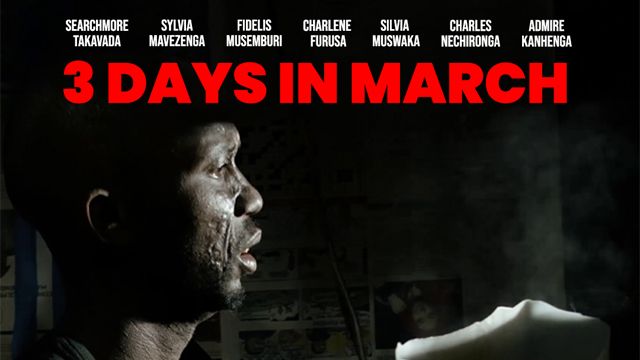This film has been around for a good two years but has been lying low in the back forest of obscurity where many local projects get banished to, immediately after official release. Thanks to NAMA 21st edition, the project got its redemption from the woods to headline conversations across the film community after winning three laurels at the esteemed arts awards.
Film title: Three days in March; Production house: Inhouse Media; Director: Kuda Bryan Bwititi; Director of photography: Admire Kanhenga
Running for half an hour, Three Days In March is a low budget short film set in the backdrop of the most difficult, trying period in the history of modern humanity, the Corona Virus Pandemic, which forced the world, in a period of lockdowns.
Written by Admire Kanhenga, the storyline is simple and quiet relatable to many if not all of us.
The lethal virus is at its most viral peak and governments around the world have reacted to this health emergency by imposing total lockdowns and stiff curfews as part of the many drastic measures the world took to contain the spread of the bug. One Zimbabwean family is hit hard by this sudden, gross eventuality.
Set in an informal brick-making settlement somewhere in the periphery of the city, the family’s battle to stay alive under the harsh new order becomes the central plot of the story.
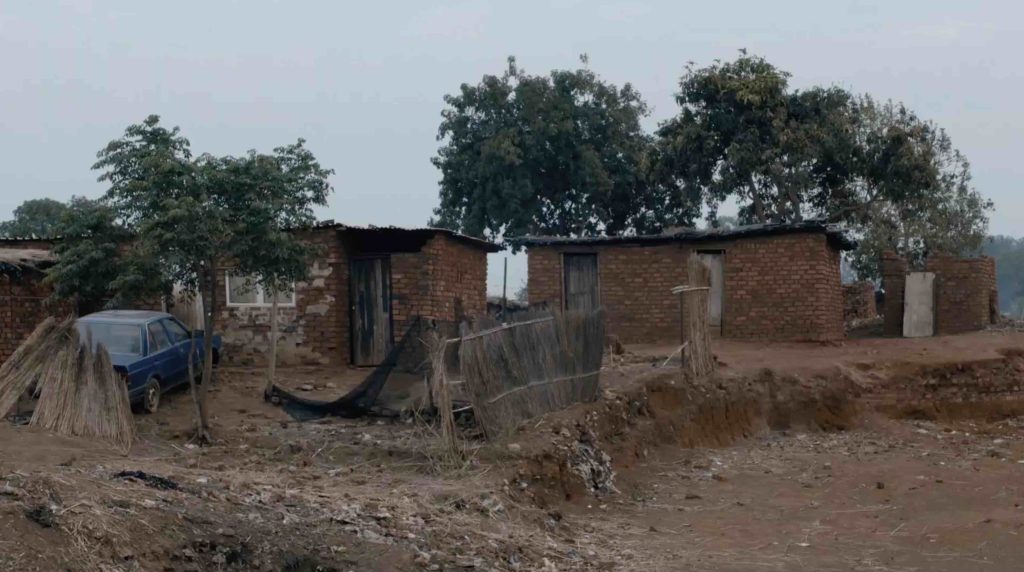
Holed down in a tiny, dinghy, airless room with a heavily pregnant wife, the man of the house must come to terms with the bitter fact that they have been detached from the world and left to their own devices and all they have to themselves is each other.
It is one of the most difficult films I have ever watched in my not so long tenure as a cinephile. Each second in the film is a jab on an already festering sore. And the sore continues to fester, spreading exponentially and you feel it throughout your inside. The climax, if there’s any, is a rising arc of pain and the resolution is an abrupt, savage hack at the heart. This is the kind of film that will have your toes curling back in the shoes, teeth gritting tight, breath held.
It’s not every day that you get this experience watching a film. For me, the last time my toes curled to a film was while watching the Academy Winning Twelve Years A Slave. The infamous hanging scene, to be particular – when Solomon Northup (Chiwetel Ejiofor) gets hung from a tree as punishment for fighting back a slave master (Paul Dano). He is hung from a tree with his toes just touching the muddy ground below to prevent him from being strangled to death. It’s a long, brutally slow, and painful scene as the slave hangs from the tree all day while fellow slaves go about their work in the background, nonchalant, as if all was normal.
It is such moments of emotional extremes and excesses that create a haunting bond between the story and the audience, thus achieving in ticking the box of one of the founding principal objectives of visual storytelling. However, there are some critics who would reproach elements of extreme suffering in film as mere “poverty porn”, a notion I struggle to subscribe to, personally. With Three Days In March in context, one can argue that whatever excesses the protagonists are subjected to; it’s human reality successfully captured on lens.
The acting talent in this film is undoubtedly it’s best strength. Co-starring Sylvia Mavezere and Searchmore Takavada who both scooped awards for their moving performances in the film, one can just but agree that theirs were indeed well-deserved recognitions.
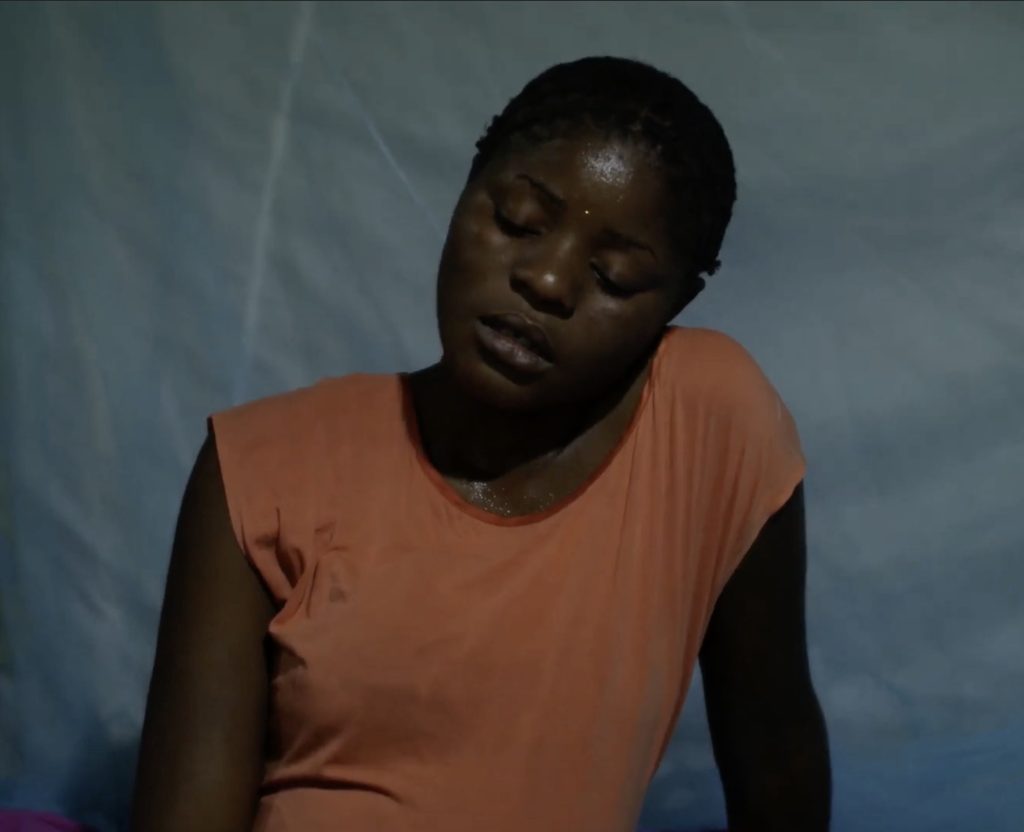
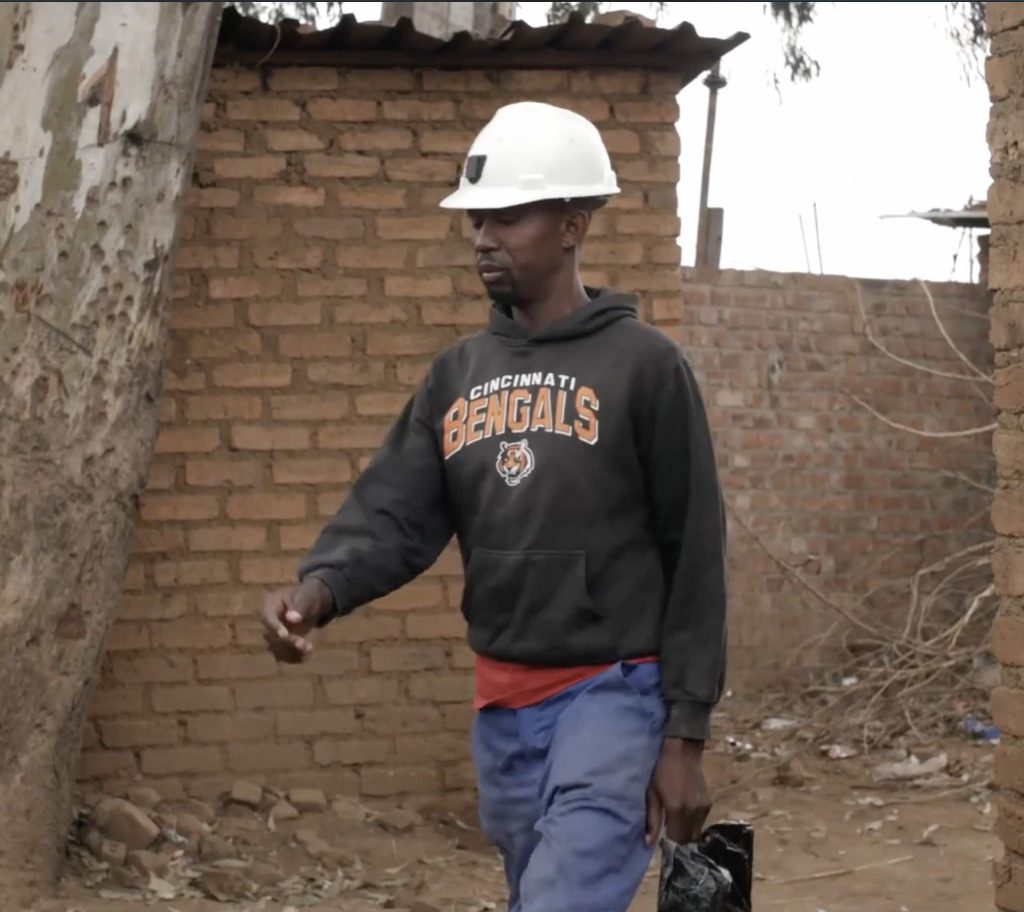
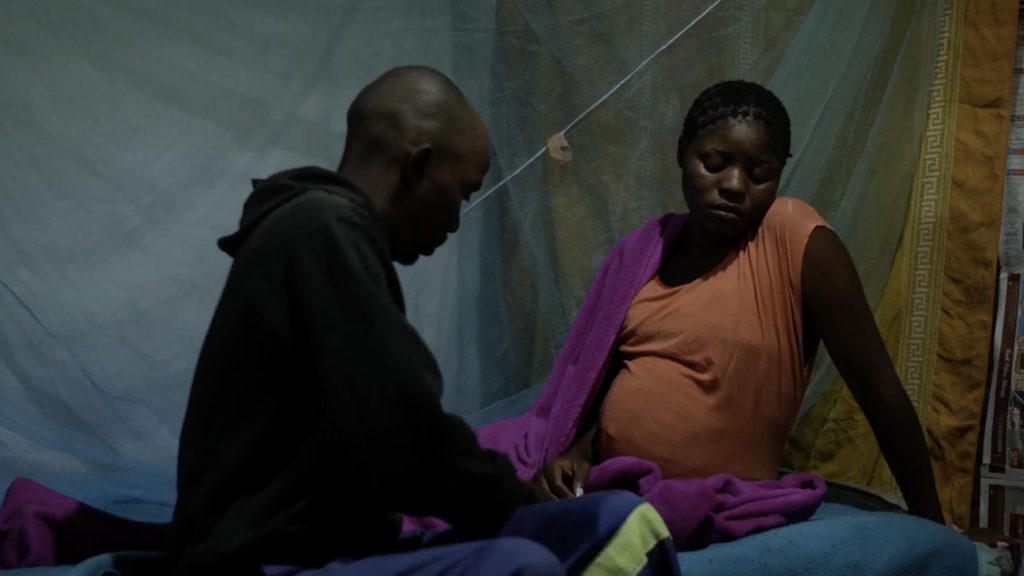
The set and sound design also contributed to establishing and sustaining the tense, grey mood of the story from start to fade out.
Cinematography that somersaults and scintillates was not a priority in this project. That’s understandable, factoring in the tight, closed-in set and, of course, budgetary constraints. Nevertheless, the film went on to win an outstanding screen production (short film category) award with its modest picture.
Another notable mention in the film is its use of very limited dialogue. Most local productions suffer from one common syndrome: excessive dialogue and too much exposition emanating from overwriting and, or slack directing.
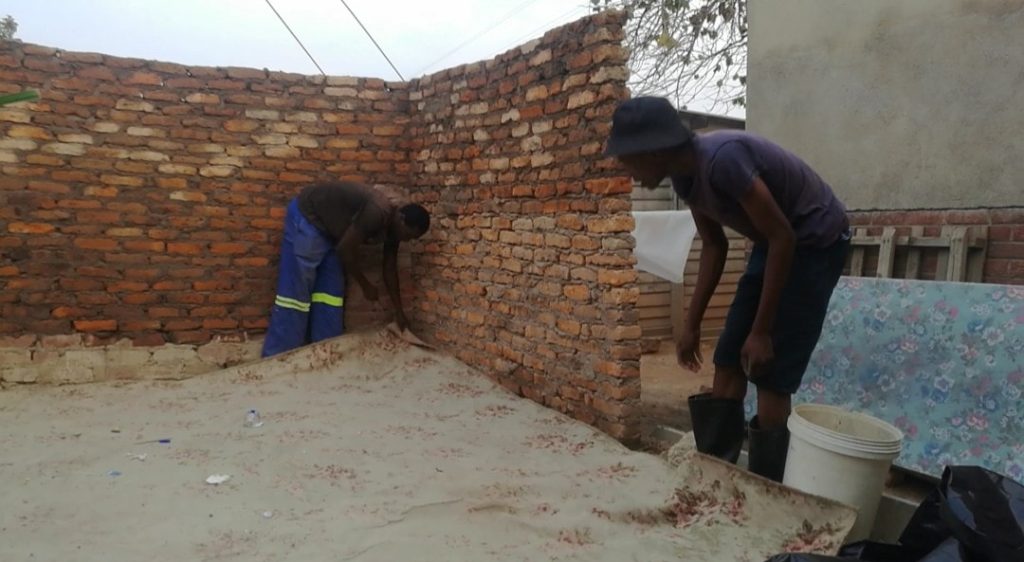
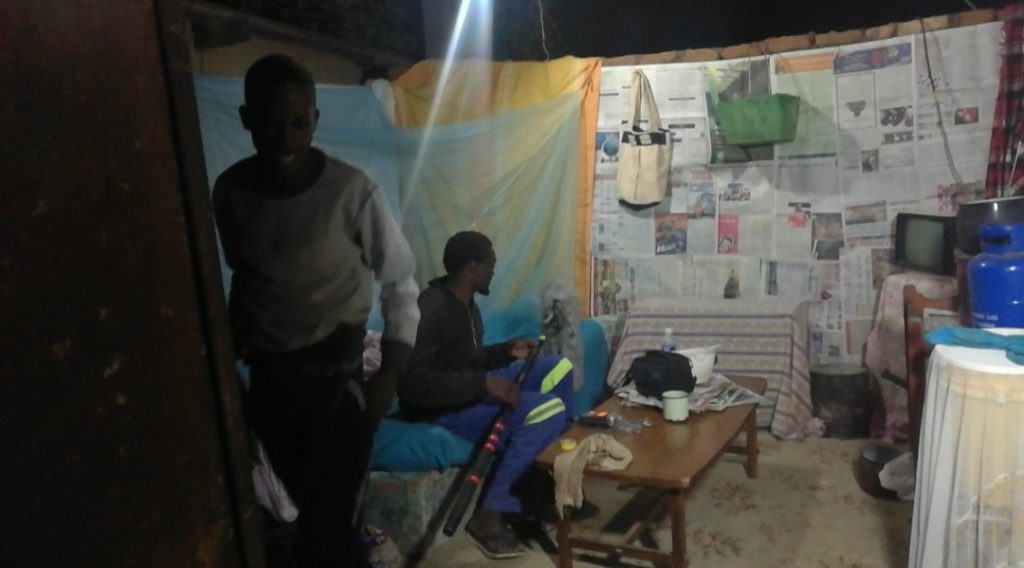
For a production of its nature, it’s fair to expect more than two – even three, shortcomings from it, especially technical. But these shortcomings do very little to take away the lustrous merits of the work.
However, if there’s one area to be singled out for a quick fix by the wave of a magic oxtail, that would be the area around music and scoring. There’s absolutely nothing wrong with the actual scoring, it’s the choice of music that could have been done better.
The film taps into the royalty- free YouTube sound bank for its music, which is understandably the most convenient route for many low budget projects. While it might seem too complicated and expensive, striving to have original scores in your film is an important postproduction task which every filmmaker should itemise and budget for. Not only does this give your production an organic identity, but custom-made beats contribute to accentuating/ complimenting mood and tempo in your story.
Three Days In March is an important film that should occupy the archives of posterity and serve as testament and reference to one of history’s most trying moments when modern society’s claim of total civilization was inadvertently put on trial by an invisible adversary in the form of a bug.
Is it possible to hold your breath while curled into a porcupine ball on the sofa for thirty minutes? Go watch Three Days In March and tell me. The film is available on Play Afrika TV. You can download the Mobile APP here: https://bit.ly/PlayAfrikaTVmobileApp
